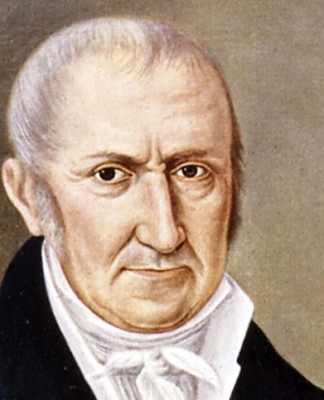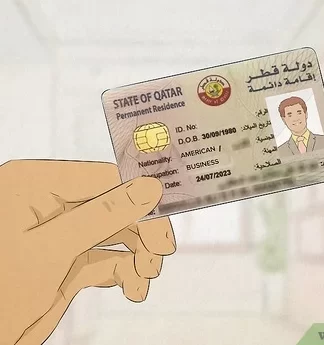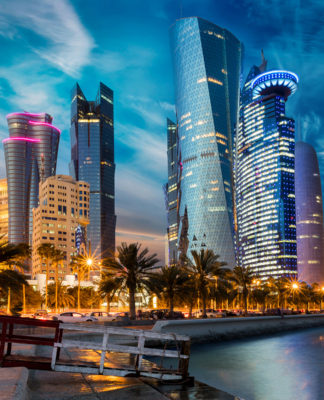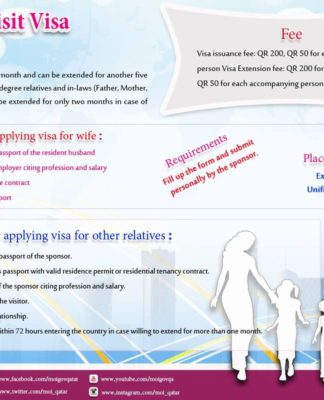FOOD SECURITY
What does the future of food security look like after the collapse of the Black Sea grain deal?
Jul 21, 2023
This article is published in collaboration with
The Conversation
The U.N. and Turkey brokered what is officially known as the Black Sea Grain Deal with Ukraine and Russia on July 22, 2022.
The U.N. and Turkey brokered what is officially known as the Black Sea Grain Deal with Ukraine and Russia on July 22, 2022.
Image: Pexels/Pixabay
Anna Nagurney
Eugene M. Isenberg Chair in Integrative Studies, University of Massachusetts Amherst
Share:
OUR IMPACT
What’s the World Economic Forum doing to accelerate action on Food Security?
THE BIG PICTURE
Explore and monitor how Food Security is affecting economies, industries and global issues
A hand holding a looking glass by a lake
CROWDSOURCE INNOVATION
Get involved with our crowdsourced digital platform to deliver impact at scale
Stay up to date:
Food Security
Russia and Ukraine are major exporters of grain, and the war has disrupted their exports, leading to rising food prices.
The United Nations and Turkey brokered a deal in July 2022 to allow grain shipments to resume, but Russia pulled out of the deal in July 2023.
Russia’s withdrawal from the deal is likely to lead to further increases in food prices, which could have a devastating impact on global food security.
Ukraine is expected to produce 31% less wheat, barley, corn, and other crops during the current season than it did before the war.
What makes Ukraine such an important part of the global food supply chain?
Ukraine has been called the breadbasket of Europe and is a major supplier of wheat, barley, sunflower products and corn to Europe as well as to developing countries such as in the Middle East, Northern Africa and China.
More than 400 million people relied on foodstuffs from Ukraine before Russia invaded Ukraine in February 2022.
One key reason for that is Ukraine has approximately one-third of the world’s most fertile soil, which is known as chernozem, or black soil. And before the war, Ukraine was able to rely on its year-round access to ice-free harbors in the Black Sea to ship grains to nearby markets in the Middle East and Africa.
DISCOVER
How is the World Economic Forum ensuring sustainable global markets?
What happened when war broke out?
Even before the war, famine was increasing across the globe. Russia’s invasion made it a lot worse.
From 2019 to 2022, more than 122 million people were driven into hunger by a combination of the impacts of climate change, the COVID-19 pandemic and the war in Ukraine, the United Nations said in a recent report. Other researchers have suggested global hunger is the highest it’s been since at least the early 2000s.
From February to June 2022, at least 25 million tons of Ukrainian grain intended for global markets got trapped in Ukraine because of Russia’s naval blockade, causing food prices to jump.
How did the grain deal come about?
The U.N. and Turkey brokered what is officially known as the Black Sea Grain Deal with Ukraine and Russia on July 22, 2022.
The agreement allowed for the secure passage of agricultural products from Ukraine from three ports on the Black Sea, including its largest port, Odesa. While the original agreement was to last 120 days, it has been extended several times since.
Ukraine has exported more than 32 million tons of food products through the Black Sea since August 2022. The World Food Program, the world’s largest humanitarian agency, purchased 80% of its wheat from Ukraine. Ethiopia, Yemen, Afghanistan and Turkey have been the biggest recipients of humanitarian shipments.
The U.N. has estimated that the grain deal has reduced food prices by more than 23% since March 2022.
The amount of grain shipped per month had already been falling before the deal fell apart in July 2023, from a peak of 4.2 million metric tons in October to about 2 million tons in June. This is primarily because of slowdowns in the number of inspections Russians had been conducting before ships could exit the Black Sea.
Another problem generally is falling production. Ukraine is expected to produce 31% less wheat, barley, corn and other crops during the current season that it did before the war. And this estimate came before the destruction of a key Ukrainian dam flooded fields.
Odesa, which the Russians have attacked in recent days, is Ukraine’s largest port.
Odesa, which the Russians have attacked in recent days, is Ukraine’s largest port. Image: AP Photo/David Goldman
Why is the Black Sea so important for Ukrainian exports?
Colleagues at UMass Amherst and the Kyiv School of Economics and I published a study in May 2023 that showed just how vital the Black Sea ports are to ensuring Ukrainian grain gets out to the world. Before the war, 90% of Ukraine’s agricultural exports were transported on the Black Sea.
While Ukraine also ships its grain and other food over land through Europe, doing so costs a lot more and takes more time than sea exports. And transportation costs over land were rising because of the war as a result of mines, the destruction of agricultural infrastructure and other challenges.
Have you read?
Here’s how we can make our food system more sustainable
Russia’s war on Ukraine is creating a global food crisis. Here are 3 ways to tackle it
Ukraine’s food exports by the numbers
3 strategies that can future-proof the global food system
How the Black Sea Grain Initiative is helping feed the World
Why did Russia say it’s pulling out of the deal?
Russia has threatened to exit the deal before, but each time it has chosen to stay in.
But on July 17, 2023, it said it’s unwilling to stay in the deal unless its demands are met to ship more of its own food and fertilizer. Over the following two days, it attacked Odesa with drones and missiles in one of the largest sustained assaults on the port. Russia also said it would deem any ship in the Black Sea bound for a Ukrainian port to be a legitimate military target.
This caused the price of critical commodities such as wheat and corn to soar and created vast uncertainty and global concern around hunger. Chicago wheat futures, a global benchmark, are up about 17% since Russia left the deal.
While Russia has extended the deal after previous threats, this time may be different. Russian strikes caused extensive damage to Odesa, which may severely limit Ukraine’s ability to export through the port in the future – deal or no deal.
I believe Russian leader Vladimir Putin is weaponizing food at a time of growing hunger. I only hope goodwill prevails and somehow Ukraine’s vital exports are allowed to continue.
License and Republishing
World Economic Forum articles may be republished in accordance with the Creative Commons Attribution-NonCommercial-NoDerivatives 4.0 International Public License, and in accordance with our Terms of Use.
The views expressed in this article are those of the author alone and not the World Economic Forum.
Related topics:






























